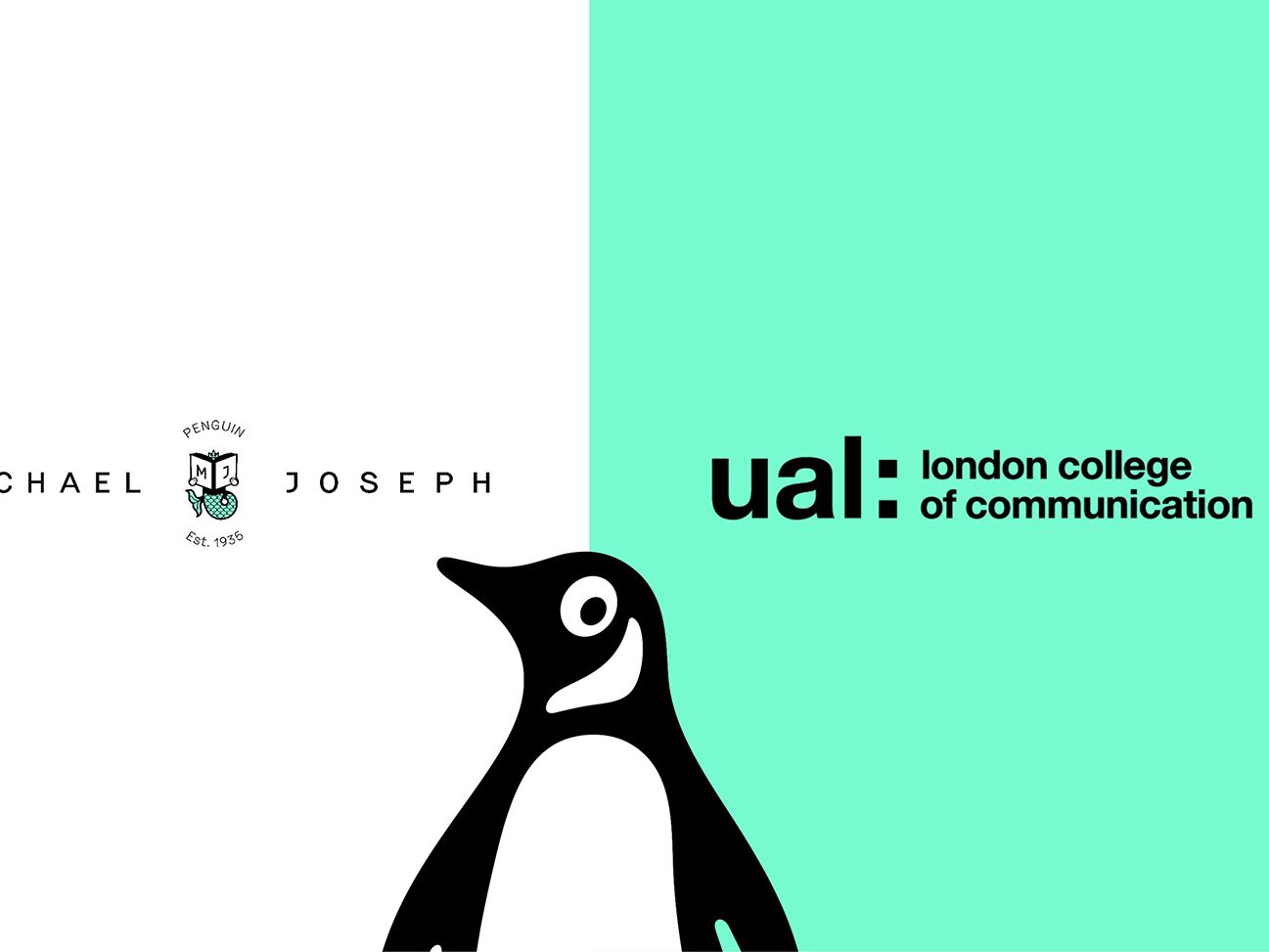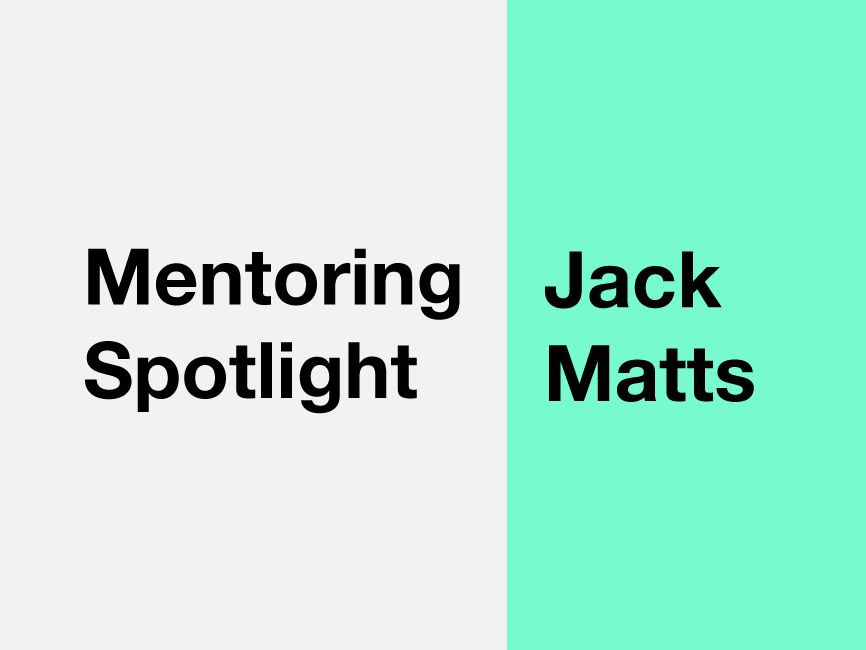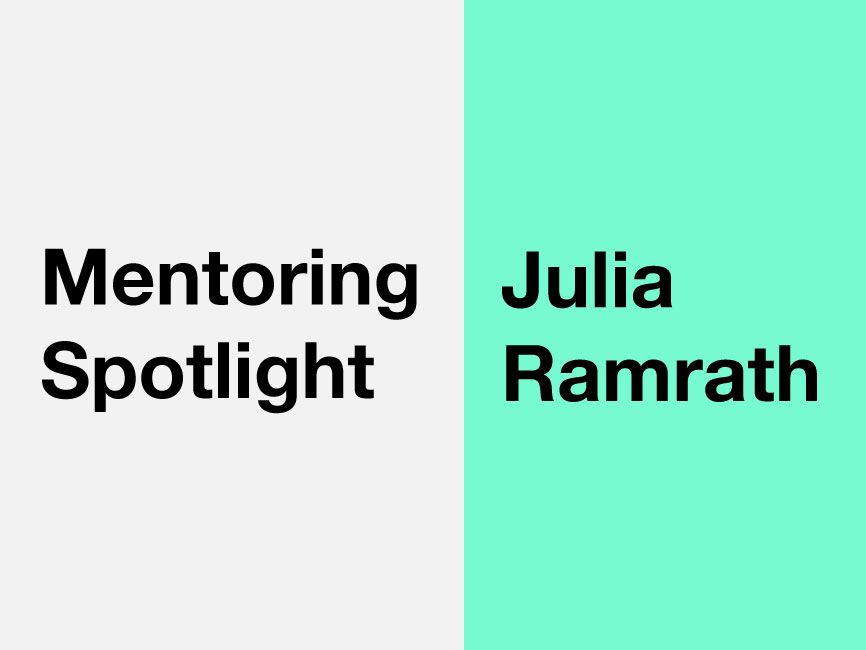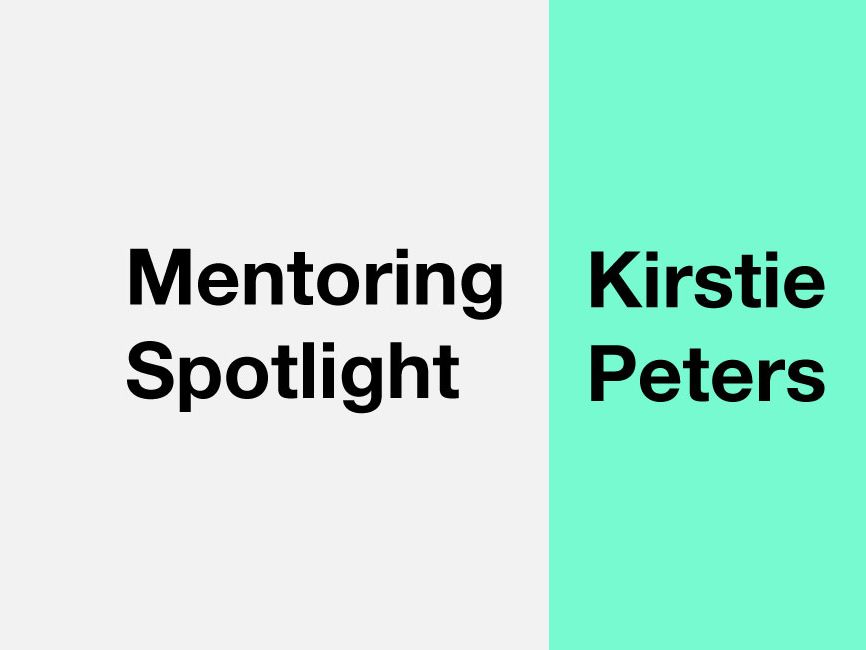
Media School students discuss industry diversity with Penguin Michael Joseph
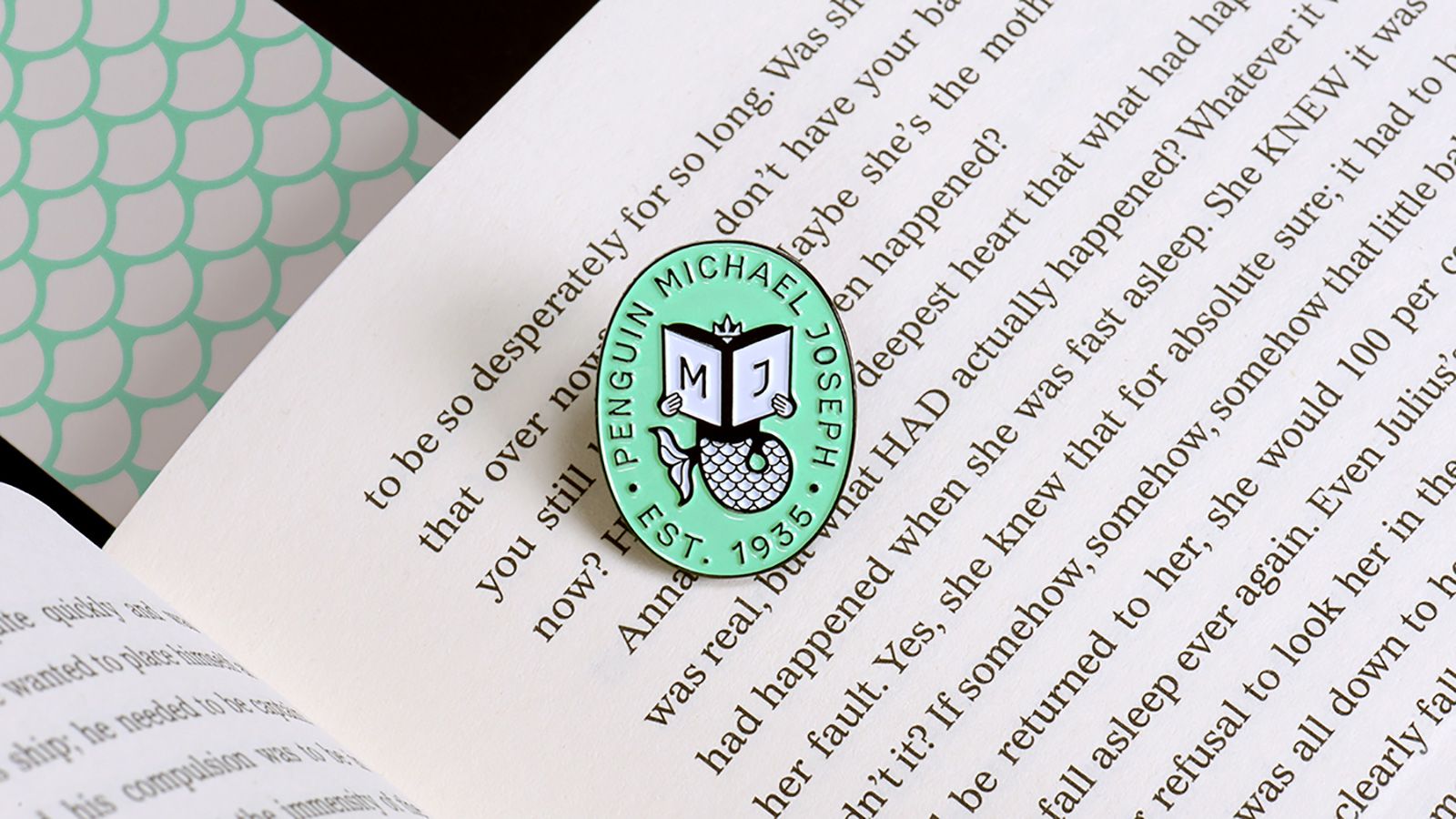
- Written byChloe Murphy
- Published date 27 May 2021

The power of creativity can be found in its narratives. Whether designed, written, printed or projected on screen, creative work captures both our own stories and the influence of those around us, finding points of connection with our audiences to help them empathise, understand, feel informed and feel inspired.
Without diversity, creativity withers. Emphasising the ideas and experiences of narrow demographics drowns out difference and prevents us from adequately exploring the complex world around us. In the media, publishing and journalism industries, this issue is particularly significant: how can stories ever connect and reflect the multiplicity of readers if those same readers aren’t adequately mirrored in the professionals who share, write and represent them?
Recent global shifts around the Covid-19 pandemic and social movements like Black Lives Matter have highlighted the longstanding structural inequalities across wider society. Launched in June 2020, the Rethinking ‘Diversity’ In Publishing report led by Dr Anamik Saha and Dr Sandra van Lente - in partnership with Goldsmiths, University of London, Spread the Word and The Bookseller - explored related themes by considering how cultural production in the UK can disadvantage writers of colour across the creative process: from acquisition, editorial and design through to marketing, PR, sale and retail.
The findings of the report provided useful context for more in-depth conversation on ways to take action against the issue, and earlier this year, students from BA (Hons) Journalism, BA (Hons) Magazine Journalism and Publishing, and MA Publishing at London College of Communication (LCC) were invited to participate in a workshop with Penguin Michael Joseph, a division of Penguin Random House and key figure on the UK publishing scene.
Working in small groups, students and publishing experts discussed some of the major issues around diversity and representation across the industry, and had an opportunity to mind-map how publishers can be better at increasing representation. They also developed ideas around how to engage new audiences, support and inspire new writers, and attract a more diverse range of staff.
"Many ideas, big and small, that we're excited to explore more"
In addition to implementing a range of diversity initiatives, the team at Penguin Michael Joseph are always looking for more ways to think about diverse audiences, inspire new writers and bring new voices into the industry. By working with students from LCC, they were able to encourage more conversation around the issue, share ideas with emerging creatives, and give students the confidence to connect with experts in the field.
Joel Richardson, Publisher at Penguin Michael Joseph, explained that the workshop was an opportunity to generate valuable ideas through new perspectives.
“We were delighted to be asked to participate in the workshop, and found it an incredibly thought-provoking and energising afternoon,” he said.
“Like others across Penguin Random House (and indeed the industry), at Penguin Michael Joseph, we’re working hard to tackle the many issues of diversity and representation we face.
“Hearing external perspectives and brainstorming ideas is such a valuable way of getting outside our bubble and coming up with practical solutions, and we came away from the session with many ideas, big and small, that we’re excited to explore more.”

We chatted to MA Publishing student and workshop facilitator, Leah Felton, and BA (Hons) Magazine Journalism and Publishing student, Rashelle Dawkins, about their experiences of taking part in the opportunity, the importance of driving change within industry, and highlights from their time at LCC so far.
Have you always been interested in publishing, or is this a subject you've gravitated to over time?
Leah: Publishing is something that I’ve moved towards in past couple of years. When buying books for family members, I noticed how difficult it was to find main characters who were Indian, which then sparked my interest in going into the industry to change this.
Rashelle: I haven’t always been interested in publishing. To be frank, I haven’t always known it was an option, and this was something we discussed during the workshop - one of the biggest gaps in publishing is people not knowing it’s there to begin with. I gravitate more towards magazines on my course, which I chose because I was excited at how broad it was. The chance to explore both the visual and literary aspects was what intrigued me, and publishing was a bonus.
What are the particular themes or approaches that you're interested in exploring through your creative practice?
Leah: I’m really interested in the literary agency side of publishing and learning how to build relationships with writers. Most specifically, those who are underrepresented in the industry right now.
Rashelle: Right now, I’m leaning more towards advertising, and recently took part in a masterclass with the BBC. Learning about publishing definitely played a role in leading me there, as understanding how to understand different markets was a key part of my application.
How did you find out about the Diversity Workshop, and why did you decide to get involved?
Leah: One of the many opportunities of studying at LCC is the extra event talks that are put on for students.
While attending a weekly series of these talks, my friend and I noticed there could be greater diversity in the speakers. After relaying this to the course team, I was invited to attend and help facilitate this event.
Rashelle: I found out about this opportunity from my tutors during an online class and decided to participate because I recognised there’s more to be done in the industry. I might not be able to change it as an individual, but I can give a helping hand to those with more influence than myself.
On my course, we’d just produced a magazine for LCC’s Industry Mentoring Programme, and speaking to mentors who were so focused on helping out those entering the industry inspired me to look at the bigger picture. I think this triggered a feeling of benevolence that made me want to join the diversity workshop.
Tell us about the workshop - what kinds of subjects did you cover, and what activities did you take part in?
Leah: The workshop involved being split into 3 different discussion groups of around 10-15 people, where we all brainstormed ideas on how the publishing industry could tackle diversity. Here are just a handful of the amazing topics we spoke about:
- Providing opportunities for everyone to get into the industry
- Support groups for new writers
- More inclusive books to be made available for younger age groups
- Events in schools to celebrate BAME writers
- Mentorship schemes for underrepresented people.
Hearing everyone’s ideas on how the publishing industry could take action on diversity from all stages was really eye-opening and helpful.
Rashelle: We discussed the issue at hand - a lack of diversity in publishing. The facilitators referenced a recent survey, and I found it interesting that the lack of diversity is officially being recognised while prompting businesses like Penguin Michael Joseph to take the very real steps towards change.
We considered the broader term of diversity and looked at different ways to be more inclusive - not just towards race, but also how we could be more gender inclusive, recognise those less able, and recognise those who don’t have the privilege of living in the capital. We then broke off into groups where we brainstormed ways in which Penguin Michael Joseph could combat this.
My team was a combination of students and PMJ staff, and we discussed reaching out to students during their formative years, acknowledging that the lack of diversity is arguably systemic. It’s hard to find yourself in an industry that you never knew existed, and not many students have parents or family friends who work in publishing.
Beyond this, we also discussed more inclusive language, and how you can ensure that you aren’t immediately alienating people before you’ve gotten the chance to share your message.
What were your major learnings from the workshop?
Leah: I left with new ideas on how I could personally help and support diverse writers and companies within the publishing industry, and made a pledge to continue this conversation. (For example, through the work of Merky Books, Tortoise ‘ThinkIn’ Sessions, The Good Literary Agency, Imagine Me Stories and Cocoa Magazine.)
Rashelle: Some of the main lessons I took away from the workshop were to pay close attention to the ways we reinforce inequality, and to use every opportunity to make people feel welcome - whether in publishing, or wherever I end up.
How do you think the workshop was enhanced with input from an industry leader like Penguin Michael Joseph?
Leah: It was great to see a publishing company meeting with students to brainstorm and have open discussions on how diversity can be worked on in this industry.
It made me feel positive, and that action was being taken.
Rashelle: Having input from people at Penguin Michael Joseph was really insightful. It gave much needed context to the issues in publishing, and they had a good idea of how to best implement changes within the industry.
What have been the highlights of your time at LCC so far?
Leah: I have loved collaborating with other MA Publishing students to make a magazine – that’s definitely been a huge highlight! I also really look forward to being able to use the workshop printers more throughout the rest of the year.
Rashelle: My highlight of LCC is probably playing pool in the Darkroom bar, talking with a friend after class there. I’ve just really enjoyed being in an environment where everyone’s up to something creative and also shares those interests - it’s sort of validating.
What top tips would you give to other students who are thinking of applying to your course?
Leah: Take the plunge and do it! I was worried that coming from a civil engineering background and having no portfolio would stop my chances with getting onto MA Publishing, but it hasn’t at all! There are so many transferrable skills from your different experiences that can be brought into the publishing field.
My top tip for applying is to make sure you get across your passion and reasoning behind choosing this discipline. Ask yourself: is there something specific that you want to be a part of, or a change you want to 'be' in this industry?
Rashelle: My advice to students applying to BA (Hons) Magazine Journalism and Publishing would be to simplify your ideas. I think I sometimes got caught up trying to turn one concept into 5. Do one thing and do it well - you’ll get more out of it.
I’d also say: start your project reading early. There’s nothing worse than finding real interest in a subject but running out of time to use it because you procrastinated.
And lastly, use every opportunity to get to know people. People are creatures of habit and stick with those they know, so be one of those people.
Related links:
- Find out more about Penguin Michael Joseph.
- Explore BA (Hons) Journalism, BA (Hons) Magazine Journalism and Publishing, and MA Publishing at LCC.
- Learn more about our Media School.
